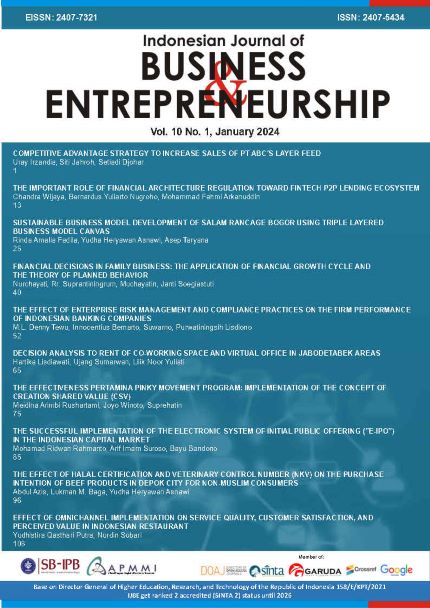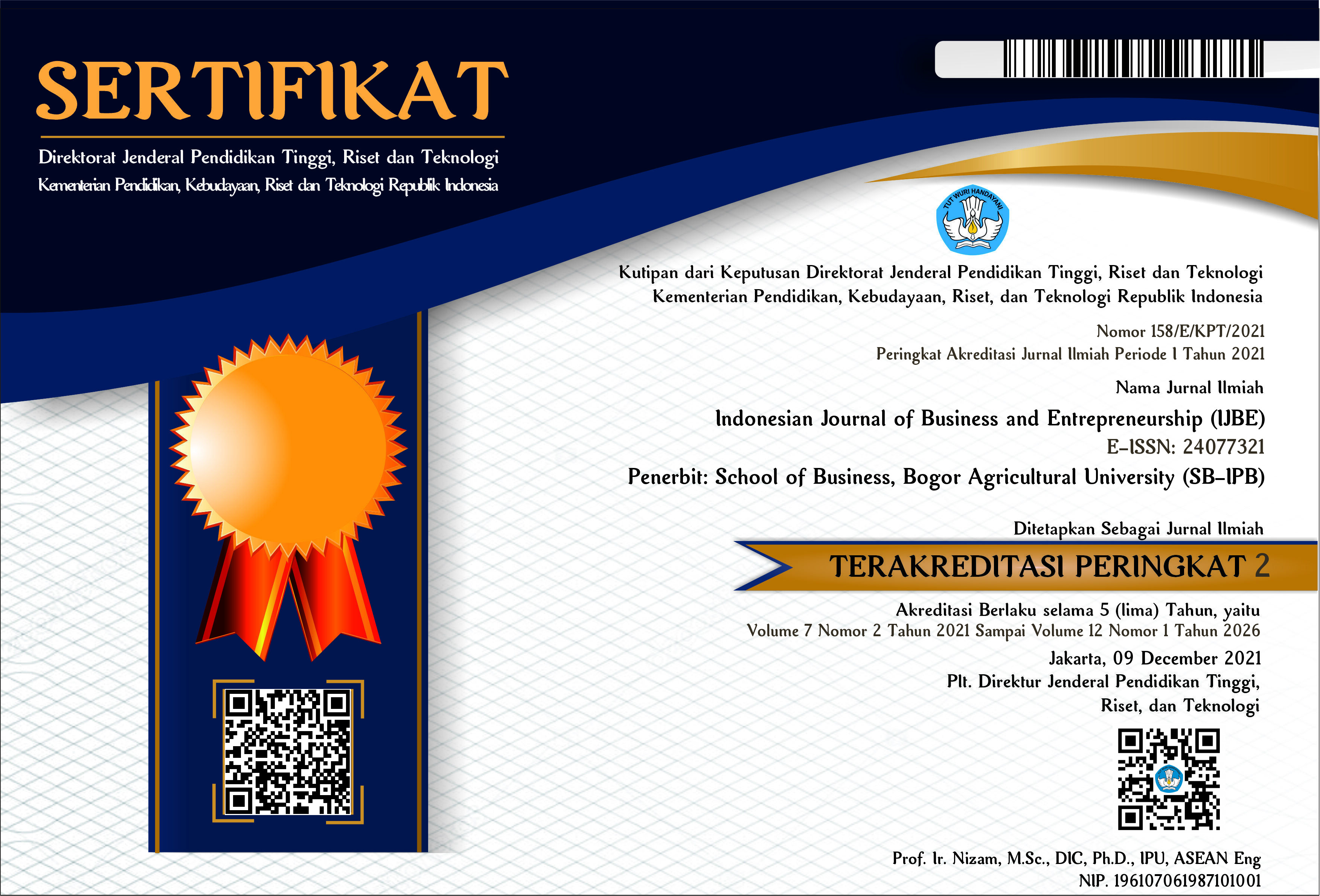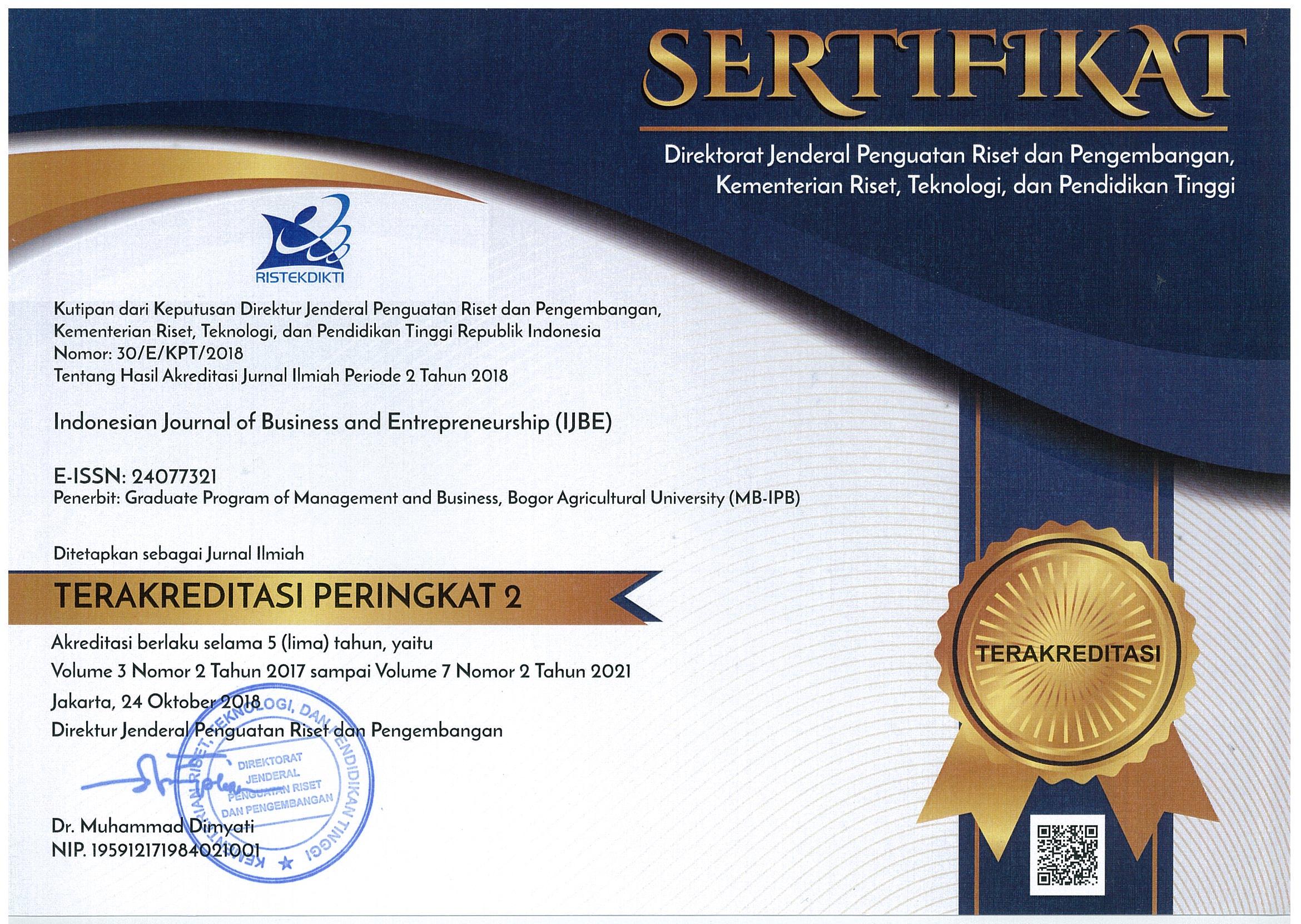Investigating Social Media Influencers’ Credibility and Religiosity, and The Moderating Role of Hedonic Value on Purchase Intention of Modest Fashion Brands
Abstract
In recent years, modest fashion has grown significantly in Indonesia. Since the pandemic happened in 2020, some well-known modest fashion brands in Indonesia have started to change their focus from offline to online sales, using Instagram as one of the strategies. As a result, the role of social media influencers (SMI) in marketing strategies is expanding. This study's objective is to investigate experimentally how SMI can help brands in creating brand attitude and thus improve purchase intention. Building upon naïve theory, consumer socialization theory, and market signalling theory, this study wants to analyze the mediating role of perceived credibility and religiosity of SMI on modest fashion brands in Indonesia, as well as the moderating effects of hedonic value on the product. This research utilized 246 respondents who are active female Instagram users and used a single cross-sectional quantitative methodology. The data was processed using AMOS 24 with the SEM method. This research offers empirical evidence on the mediating effect of expertise, goodwill, trustworthiness, and religiosity between SMI power and brand attitude. Furthermore, the result of this study also shows that the influence of brand attitude on purchase intention is moderated by the hedonic value of the products.
Keywords: social media influencer, modest fashion, perceived credibility, brand attitude, purchase intention








